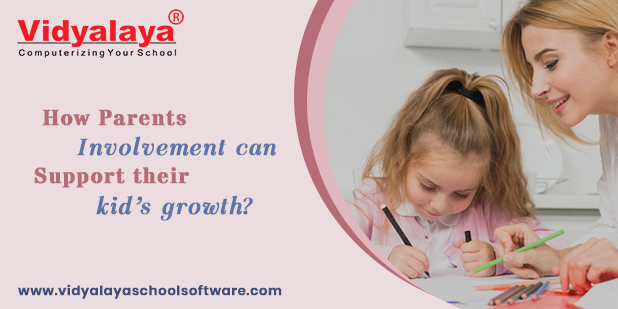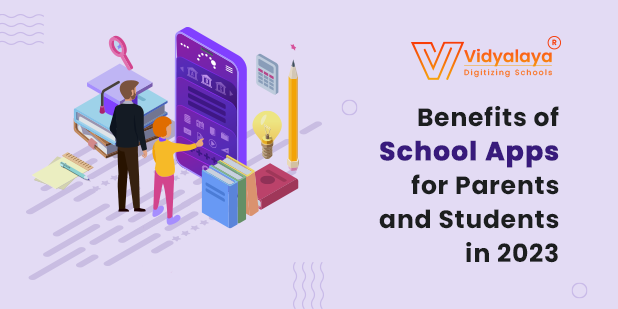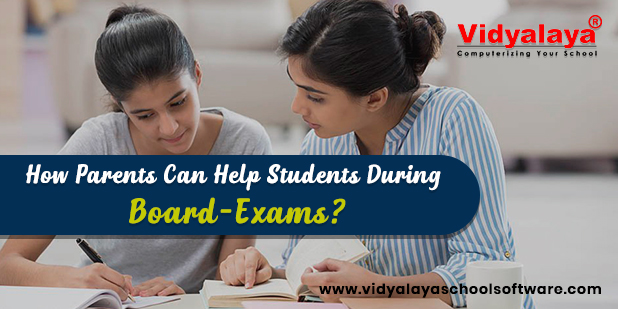Education plays a major part in the development of a child throughout his/her lifespan. For Education, the schools are there in society, and the purpose of a school is to impart education to the students. It is where everyone sends their children to help them learn and acquire the various skills and information that will be needed to help them build a future and a career. These skills can range from academic skills to even social skills of communication, social ethics, etc.
Over the years it has gathered in the people’s mind that it is primarily the school that is responsible for the education and skill impartation of the students. However, this is not the case. Various research data proves that the home atmosphere and parental involvement in the child’s development plays a crucial role in the growth and performance of a student.
For every child, the process of early learning starts in the home. Parents are every child’s first teachers. Parents teach their kids the fundamental skills, social values, and the essential attitudes necessary for daily living. This unwritten knowledge is very helpful for grooming the child to become a good and mature adult who is responsible and smart enough to differentiate between wrong and right. However, in the absence of this learning in the early stage of a student’s life, or the case of parents not passing down these social ethics, the kids find it difficult to adjust to the social environment. By teaching the young kids initially right from their childhood, the parents have a significant influence on how well they will perform.
For instance, it has been proven time and again that reading improves greatly when parents read along with the children together at home. This action of daily reading enhances and stimulates the child’s reading abilities.
Once the child starts attending a school, most parents develop a lot of educational aspirations for their children’s academic growth. Over the years, research has proven that the academic success of students is linked to the values and aspirations that they share with their parents. These shared aspirations and beliefs serve to motivate the students, as the parents and students set learning goals together.
Children who receive support from their parents develop an appropriate mindset, motivation, and self-discipline at school. Disengaged parents who are not interested in the academic life of their kids often promote school failures and mental illness, which will ultimately lead to a generation of students not interested in studying or in gaining information.
For students who have supportive parents guiding them at home, it has been noticed that these students are more likely to enjoy school. Thus, the active involvement of parents and their support at home not only enhances academic performance, but it also has a positive influence on a student’s mindset, attitude, and behavior towards society. Parent’s constant involvement affects the child’s attitude toward school and their classmates.
For example, these students will be having a better attendance record as they have supportive parents who help to prepare them for school every day. Similarly, these students would also be performing better, completing their homework or submitting assignments on time because of the help and guidance available at home. However, students who lack support from their parents have to struggle on their own. This not only affects their performance but at the same time, it also has a negative impact on their mental health.
Actively participating in their children’s education gives parents a better understanding of the school curriculum and activities which are going in the school. They are more aware of the quality of education their child is receiving from the school and they can enhance it further by adding extra classes or tuitions if needed. This helps in improving the performance of the students and ultimately making them confident learners.
Parental involvement and engagement in education matter now more than ever because it has declined over the years and needs a boost. In 2016, research showed a drop-in parent who believe that intimate parent-teacher communication is effective. As it is the 21st-century parents now prefer remote or smart methods of communication, like online student portals, or over the mobile application and they are less likely to attend parent-teacher conferences or school activities being conducted in the school. This shift is sudden and concerning due to what it means for parent engagement and looking at the adverse effects of it.
Want to know more about parental support importance contact now @ Vidyalaya- best ERP software for school.





















